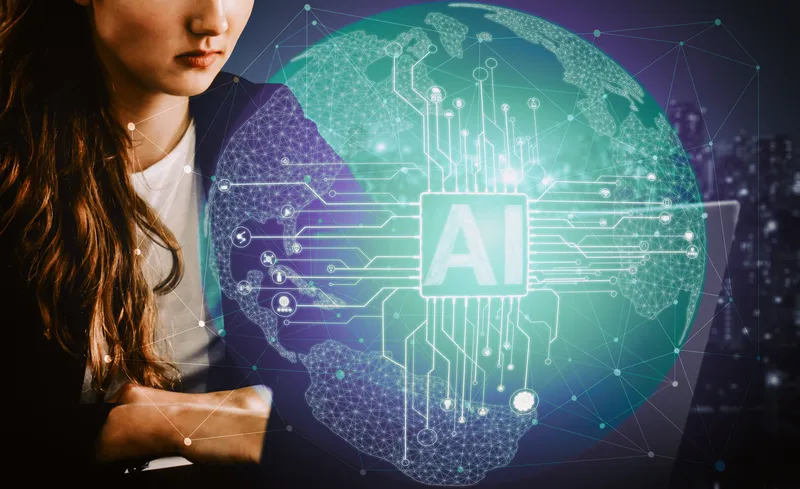
The 7th International TRB Women and Gender in Transportation Conference in Irvine, CA, provided a dynamic environment for practitioners and educators to discuss the vital intersection of gender equity, workforce development, and new technologies. It was a lively forum for talking about the crucial nexus between AI in transportation and gender equity.
The Gender Equity and AI in Transportation workshop gave me an invaluable opportunity of participating in a thoughtful conversation with an outstanding panel of professionals from industry, non-profit, and government. Here are some key takeaways:
1. Workforce education is critical
There is an urgent need for workforce education around AI. As AI technologies become more integrated into transportation systems, it’s essential that professionals—especially those in operational and decision-making roles—understand how these systems work. Equipping the workforce with the necessary knowledge will ensure that AI is implemented thoughtfully and effectively, with a human-centric approach.
2. Inclusivity in workforce development is essential
For AI to truly serve everyone, inclusivity must be woven into the fabric of workforce development efforts. During the discussion, we emphasised that women, people of colour, and historically overburdened groups need to be not only included but to be in power to shape the future of AI-driven transportation. Having a diverse range of voices, particularly at decision-making levels, will ensure that the benefits of AI are distributed equitably across all communities.

“Without embedding fairness and inclusivity into AI, we risk widening existing mobility gaps” Mehri Mohebbi
3. The need for proactive collaboration
While large-scale regulations often take time, smaller actions at the sector level can create meaningful change. Our conversation highlighted the need for proactive collaboration between public, private and non-profit sectors. Non-profits, in particular, have demonstrated their ability to move the needle, and investing in these partnerships will be critical for fostering equitable innovation in transportation. We can learn from other industries - such as healthcare - on how non-profits leading movements for the betterment of existing systems has been.
4. Government presence is key to transformation
It was encouraging to see such a strong government presence during the event. Public sector involvement is essential for driving transformation and ensuring AI is implemented in ways that prioritise equity. The collaboration between governments, private companies and non-profits will be vital in shaping policies that make AI-driven transportation solutions accessible to all, particularly underserved communities.
5. Equity is not just beneficial—it’s essential for the future of transportation
One of the most compelling takeaways from the workshop was that equitable approaches to transportation are not just beneficial—they’re necessary for the future. Without embedding fairness and inclusivity into AI, we risk widening existing mobility gaps and leaving vulnerable communities further behind. The collective energy in the room reflected a shared belief that innovation and equity must go hand-in-hand for a sustainable and inclusive transportation future.
Harnessing AI
As Dr. Patricia Hu, director at the Bureau of Transportation Statistics, Research and Innovative Technology Administration, said: “We are here to ask questions.” Good questions can lead to new research and collaborative efforts, ultimately resulting in AI systems that are inclusive, transparent, and adaptable. We need to harness AI not just for efficiency, but for justice and inclusivity.
Collaboration across sectors will be essential as we push for a transportation landscape that is innovative and humane. I’m excited for what’s to come and motivated to continue these conversations with fellow thought leaders in the field. Together, we will keep pushing the boundaries of what’s possible in building a forward-thinking transportation future.










